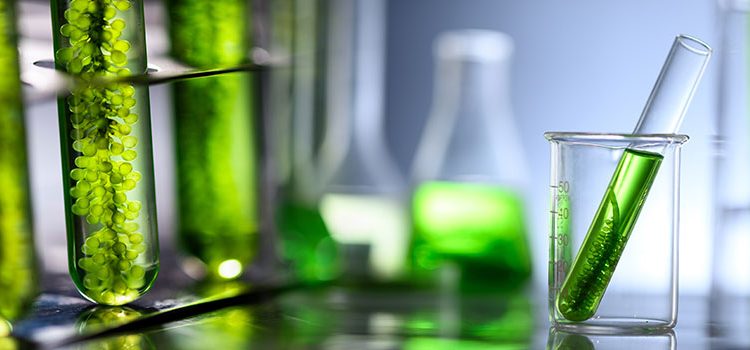Canadian bulker operator CSL Group claims that it has completed the world’s longest-running trials of B100 biodiesel on marine engines, after accumulating about 30,000 running hours.
The tests took place in late November 2021 on half of CSL’s fleet, and resulted in a 23% total fleet life cycle reduction of CO2, in comparison to marine gas oil (MGO).
The trials were also conducted in partnership with Canada Clean Fuels and with the collaboration of Sterling Fuels. As a result, 14,000 tonnes of MGO, a fossil fuel, was substituted for 100% bio-content second-generation biofuel, requiring no modification to existing ship equipment.
Our test results confirm the potential of biodiesel as a realistic and immediate alternative to fossil fuel that holds great potential to support the decarbonization of the marine transportation sector in Canada and throughout the world
stated Louis Martel, CSL’s President and CEO.
What is more, CSL’s biofuel trials were carried out on eight ships during six months under a Transport Canada testing protocol.
As for the B100 biodiesel, it was tested on main and auxiliary engines and required no modification to existing equipment.
The biofuel used was produced entirely from waste plant material, while eEmissions reductions were calculated through the Canadian government life cycle emission tool GHGenius.
As we closely monitor the development of alternative fuels and continue to invest in R&D and innovative digital solutions, we are confident the use of biodiesel can speed up decarbonization in the marine transportation sector by offering immediate and significant carbon reductions
added Mr. Martel.






























































